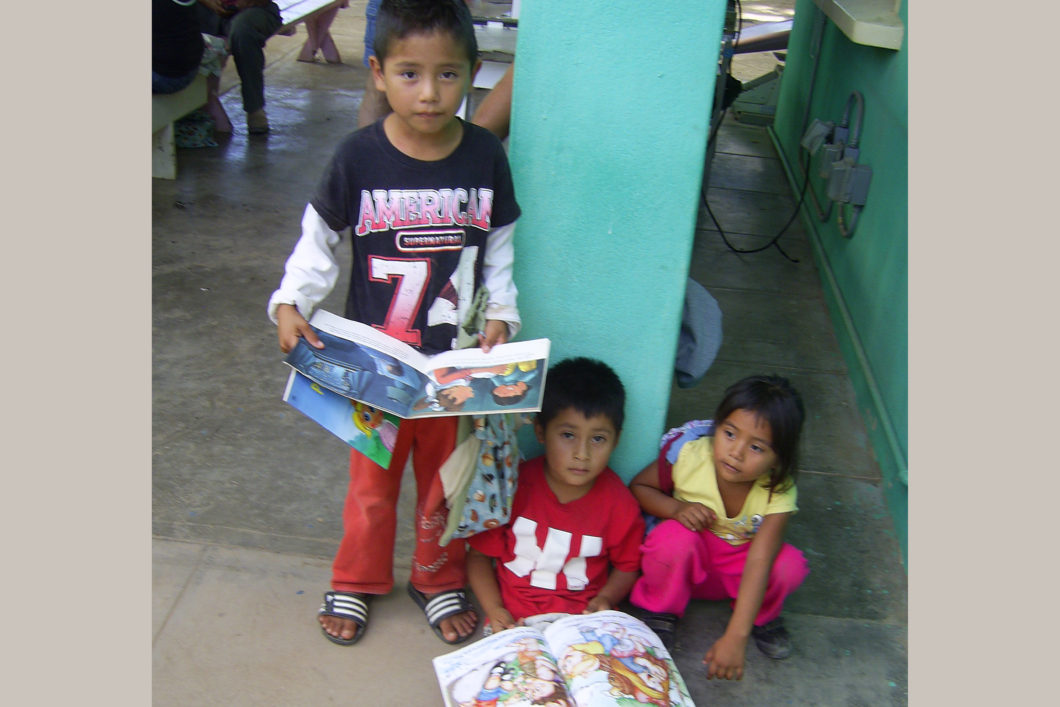Community outreach is an integral part of the NSSLHA Chapter at California State University, Sacramento (CSUS). Our goal is to inspire, motivate, and teach our undergraduate and graduate students skills needed for community engagement.
Practicing What We Preach
Over the years, our chapter has planned multiple donation drives to provide materials for at-risk populations in our local community and abroad:
Packets of Promise
Last year, it was reported that 12% of CSUS students were experiencing homelessness or food insecurity. In response, we collected 2,800 personal hygiene items, which were placed into 100 reusable shopping bags. The bags were distributed to students through the newly-established on-campus food pantry, as well as to the local Women’s Empowerment organization.
Love Talk Read
We’ve collected and distributed more than 198,000 new and gently used children’s books to at-risk children in the greater Sacramento area and developing countries around the world.
Warm Our Streets
More than 1,650 new and gently used winter clothing items were collected and distributed to area homeless men, women, and children. A focus was providing items to homeless veterans who make up approximately 1/3 of Sacramento’s homeless population.
Improve Your Tomorrow
We collected 5,100 school items for male teens experiencing poverty and substantial educational disadvantages; then distributed them through a local high school in a highly under-resourced area of greater Sacramento.
Love and Literacy for Laos
Starting this fall, our chapter will collect new and gently used school supplies for at-risk children in Laos. Although we haven’t officially launched the program yet, students are already starting to bring school supplies to campus.
Strategies to Execute a Successful Donation Drive
While your chapter’s planning activities for the upcoming academic year, think about how to incorporate service projects that’ll impact your local community (and help you reach Chapter Honors, while you’re at it!). Here are a few tips to make your drive a success:
- Don’t work alone! Collaborate with at least 1-2 faculty members and your NSSLHA chapter.
- Limit yourselves to 1 drive per semester. More than that and those interested in participating could develop “compassion fatigue.”
- Specify what you’re collecting. Emphasize that items don’t have to be new—gently used items are welcome too. Be sensitive to students’ budgets.
- Set a goal. It’s much more exciting and motivating when you have a target goal to work towards. And if you’re lucky enough to surpass your goal early-on, set a new one!
- Set a deadline for accepting items. We recommend mid-December or mid-May, so you stay top-of-mind before finals and the end of the semester.
- Choose a convenient drop-off location. Make sure it’s widely accessible and easy to find. A building lobby with a marked box is ideal.
- Promote your drive. Distribute a ½ page colorful flier to all CSD classes, including the program’s name (make it catchy!), purpose, what types of items will be accepted, drop-off location, due date, and contact info for the key student in charge. Don’t forget to post about your drive on social media! And check out National NSSLHA’s media outreach tips
- Check your drop-off location frequently. Make sure your donation boxes don’t overflow by assigning a faculty member or student to check it 2-3 times per week. Designate a safe spot to transport and hold donations until they’re ready to distribute.
- Ask for extra credit. Some professors will be open and willing to give extra credit on exams for students who participate in your donation drive. It doesn’t hurt to ask!
Increasing student engagement in community service is an incredibly rewarding experience. It’s truly a “win” for everyone involved—students, faculty, and the under-resourced communities you’re helping.

